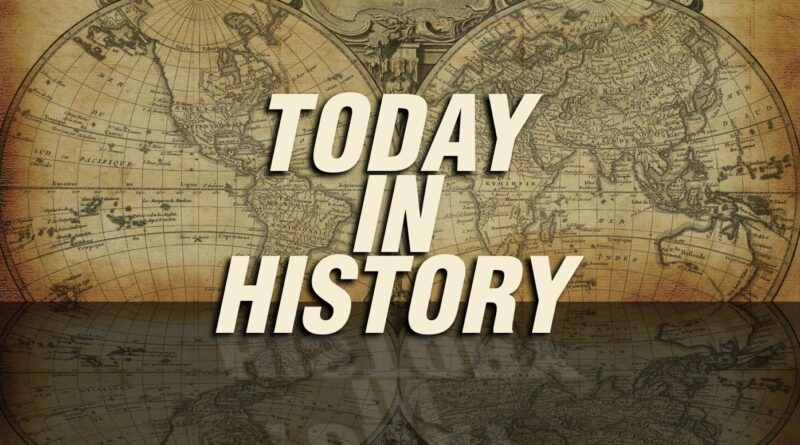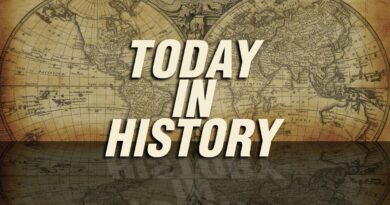October 2nd: This Day In History (world history).
October 2 has witnessed a series of transformative events throughout history, each profoundly shaping the course of nations, movements, and individuals. From the election of Pope Urban VI in 1378, which sparked a tumultuous period in Church history, to Guinea’s groundbreaking independence from France in 1958. October 2 holds significance in history for various pivotal events, below are some of the most notable events that happened on October 2.
- Pope Urban VI elected (1378): On October 2, 1378, Pope Urban VI was elected as pope during one of the most tumultuous times in Church history, leading to the Western Schism.
- Death of William Tyndale (1536): Around October 2, 1536, William Tyndale, the English scholar who translated the Bible into English, was captured and executed for heresy. His translation work was pivotal in making the scriptures accessible to English-speaking Christians.
- Tawakkol Karman awarded Nobel Peace Prize (2011): Tawakkol Karman, a Yemeni journalist and human rights activist, became the first Arab woman to win the Nobel Peace Prize on October 2, 2011, for her leadership in non-violent protests during the Arab Spring.
- Idi Amin Expels Asians from Uganda (1972): Though the official expulsion orders were given in August, by October 1972, Ugandan Asians had largely been expelled from the country under Idi Amin’s regime. The dictator ordered the expulsion of around 60,000 Asians, primarily those of Indian descent, accusing them of economic exploitation. This had significant economic and social ramifications for Uganda and the displaced communities.
- U.N. Sanctions Lifted from Libya (2003): On October 2, 2003, the United Nations voted to lift sanctions on Libya that had been in place since 1992 due to its involvement in the bombing of Pan Am Flight 103 over Lockerbie, Scotland. Libya, under Muammar Gaddafi, had agreed to a compensation deal for victims’ families and took steps to reintegrate into the international community.
- African National Congress (ANC) Executives Sentenced (1964): Around October 2, 1964, several high-ranking members of the African National Congress (ANC), including Nelson Mandela, were convicted of sabotage during the Rivonia Trial in apartheid South Africa. Though the official sentencing occurred earlier in the year, this period marked the final judicial processes, setting the stage for Mandela’s 27-year imprisonment and the ANC’s struggle for racial equality.
- Guinea Gains Independence from France (1958): On October 2, 1958, Guinea became the first African colony to gain independence from France after a landmark referendum. Under the leadership of Ahmed Sékou Touré, Guinea voted overwhelmingly to reject continued association with France, making it a pioneer in the African independence movement.
- The Biafran War Officially Begins (1967): On October 2, 1967, the Nigerian Civil War, commonly known as the Biafran War, escalated. The war was fought between the government of Nigeria and the secessionist state of Biafra. It stemmed from ethnic, political, and economic tensions, leading to one of the deadliest conflicts in African history, with devastating consequences for the people of the southeast.
- 2011: Libya’s Uprising Begins: The Libyan Civil War began with protests against Muammar Gaddafi’s regime, ultimately leading to his overthrow.
Content Credit| Ajibola Emmanuel Adebayo
Picture Credit | https://www.koamnewsnow.com/lifestyle/holidays/today-in-history-july-4/article_dd434789-5e53-5f80-9e6a-e1efe643f0fc.html




